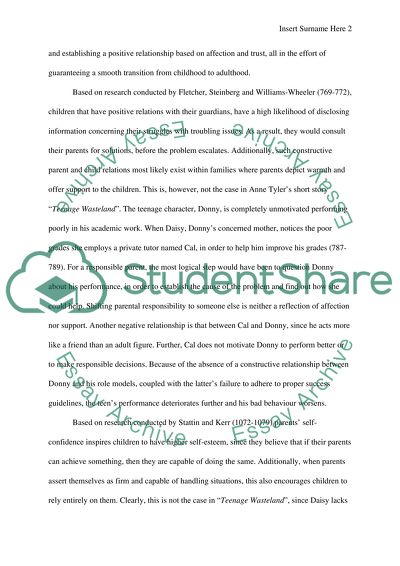Cite this document
(“Parental Role in Juvenile Delinquency Research Paper - 1”, n.d.)
Retrieved de https://studentshare.org/literature/1618660-short-fiction-research-essay-teenage-wasteland-short-story-by-anne-tyler
Retrieved de https://studentshare.org/literature/1618660-short-fiction-research-essay-teenage-wasteland-short-story-by-anne-tyler
(Parental Role in Juvenile Delinquency Research Paper - 1)
https://studentshare.org/literature/1618660-short-fiction-research-essay-teenage-wasteland-short-story-by-anne-tyler.
https://studentshare.org/literature/1618660-short-fiction-research-essay-teenage-wasteland-short-story-by-anne-tyler.
“Parental Role in Juvenile Delinquency Research Paper - 1”, n.d. https://studentshare.org/literature/1618660-short-fiction-research-essay-teenage-wasteland-short-story-by-anne-tyler.


